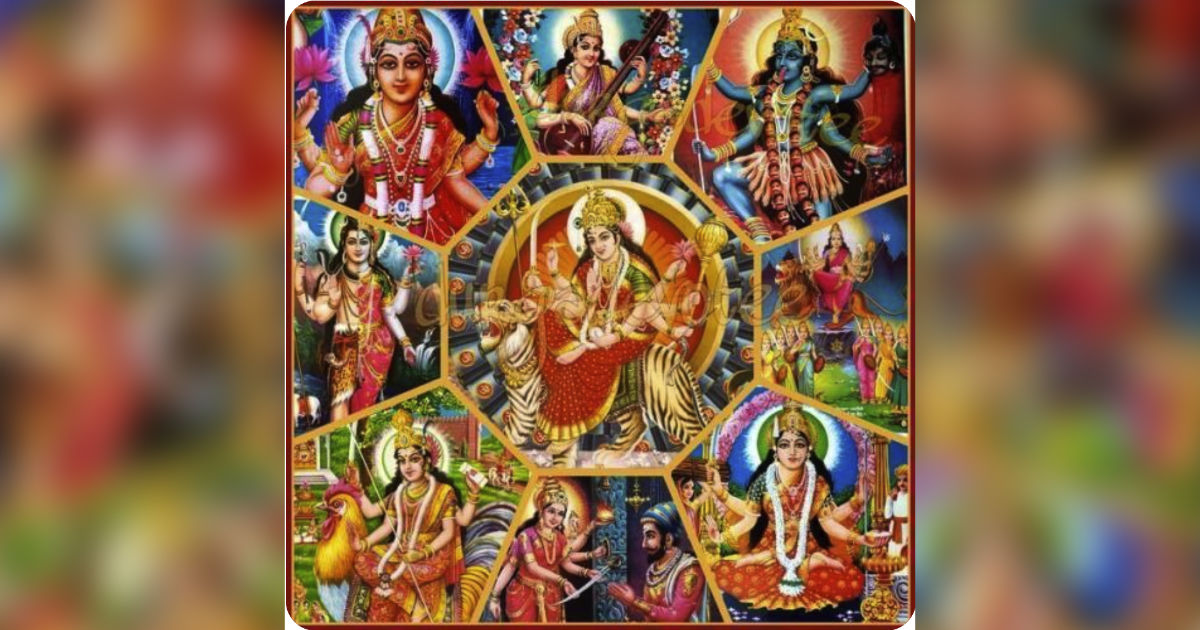Who is Tara? She is the Buddhist savior goddess with numerous forms, known throughout Nepal, Tibet and Mongolia. She is the feminine counterpart of the bodhisattva (the buddha to be) Avalokiteshvara. Avalokiteshvara Boddhisattva is the most popular Mahayana Buddhist deity. He is the earthly manifestation of Amitabha, guarding the world between the departure of the historical Buddha, Gautama and the appearance of the future Buddha, Maitreya. Continue reading
Tag Archives: buddha
818 – Words and their power
Utterance is magic. Words do have power… Words are events, they do things, change things. They transform both speaker and hearer; they feed energy back and forth and amplify it. They feed understanding or emotions back and forth and amplify it. – Ursula Kroeber Le Guin.
764 – Perfume Thief
Dear ones, I will share a pretty story with you. It is about a lotus in a lotus pond. When you stand next to a pond full of flowering lotuses, the fragrance wafts across. Standing next to the pond, one sees the clean leaves, and the blooming Lotuses. Continue reading
732 – What is in a name?
728 – Read and understand
Another Tissa.
Addressing and repeating to herself what was spoken by the Buddha to her.
Tissa, hold fast to good things, don’t let the moment escape.
Those who end up in hell cry over moments now past.
726 – To Tissa
Spoken by the Buddha.
Tissa, train yourself strictly, don’t let
What can hold you back overwhelm you.
When you are free from everything that hold you back you can live in the world.
Without the depravities that ooze from within.
587 – Trust
Trust is a word used by us frequently and its meaning is very powerful. The first and foremost is ‘Trust in God’.
Noun: Trust means the belief that someone is good, honest and sincere. One would not be cheated or tricked by him/her. Trust also means that there is a legal arrangement by which a person looks after the wealth for somebody until they are of age.
Verb: to believe that someone is honest and will not cheat or harm one.
Trust is having faith, belief or confidence in someone. Continue reading
549 – Develop Faith
As the Buddha was fond of saying, the spiritual teacher only points the way; we must do our own travelling. The personal example of others may plant the seed in our hearts, inspiring us to meditate, but faith can develop fully only when we begin to reap the benefit of meditation in our own lives. – Eknath Easwaran
479 – 10 Divine forms of the Goddess
Das Mahavidyas are the divine forms of the Goddess. They are very powerful forms of the Goddess and can be worshipped in their individual manifestations. Their origin is when Sati manifested herself into the ten forms of Adi Shakti because Shiva would not allow her to attend her father’s Yagna uninvited. Both Sati and Shiva had not received an invite. When Shiva found that he was surrounded by these Goddesses in every direction, he agreed to attend the function. Continue reading
477 – How sensitive are we?
When we use the word sensitive, we apply it to ourselves. We know this refrain, I get hurt by rudeness, I am so surprised by their callousness and this list goes on and on. Sensitive is when we are sensitive to others feelings. We respect others and do not ignore them. Continue reading
468 – An open and free mind
A story about a Buddhist Nun.
Pattachara was born in a well to do family. She fell in love with a servant and ran away with him. She became pregnant and she wished to return home to have her baby. She could not reach her home and she delivered her child on the roadside. When she became pregnant a second time, she wished to make her way home. Continue reading
459 – Celebrate your inner Christmas
Swami Satyananda Saraswati said in December 25,1983 during his stay in Australia:
“The divine baby is the Christ, who came onto this mortal plane of consciousness in order to save and to redeem us, and to destroy the tamasic and demonic forces in and around us.
When Christ came, he destroyed avidya (ignorance). He denounced the so-called institutionalized forces which were surviving and thriving in the name of religion. Is the situation any different today? Will he accept what is going in, in the name of religion?
I know one thing that is higher consciousness which is called Christ Consciousness, Buddha Consciousness, or Krishna Consciousness, is awakened in you at any time in your life, it is not going to bring disaster. It will be the beginning of knowledge, experience, bliss, and the feeling of unity with every living person. That is why Yoga is taught. Knowledge is not enough; you need the experience which is like a flash of lightning.
Understand, who is Christ? Which Christ do you know? Is he the Christ born of a worldly father? Is he the Christ, who is the indwelling entity in every heart? Is he the Christ who creates a vision of the whole universe within and without? Is he the Christ, who transcends everything? He is all four and he came down in a physical body. He was not a myth. He was a man in flesh and blood. He lives in our hearts.
Wherever you can awaken yourself, he is there in your heart.”
369 – One verse poems
Written by the first Buddhist nuns.
Punna – Spoken by the Buddha to her.
The name you are called by means full, Punna,
So be filled by the good things, like the moon when it is full,
Break through all that is dark with wisdom made full. Continue reading
361 – Arrogance and ego
The Buddha was delivering a discourse, which was attended by the wisest of the wise monks and nuns. He said that he had taught the dharma using skillful means in order that the beings of the world might overcome attachment. Continue reading
194 – Poems from the Therigatha
The Therigatha is an anthology of poems about the first Buddhist women who were ordained as nuns. They were known as theris, senior ones. They were given this title because they were enlightened. Gatha means poems and in the Therigatha, these songs are about their experiences. Continue reading















